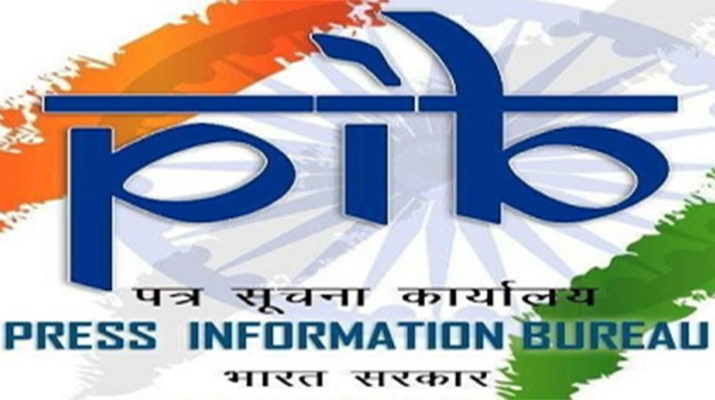
Prevention is an integral component of all major communicable disease control programmes.
Leprosy: Major focus of the programme is to enhance active and early case detection to contain disease transmission and Grade II Disabilities (G2D).
In addition, various services are being provided under the programme for Disability Prevention and Medical Rehabilitation (DPMR) i.e., reaction management, provision of Micro Cellular Rubber (MCR) footwear, Aids & Appliances, referral services for management of cases and reconstructive surgery at District Hospitals and Medical Colleges/Central leprosy Institutions
TB: The government has issued Guidelines on Airborne Infection Control in Healthcare and other settings in the context of tuberculosis and other airborne infections, to provide guidance on precautions as well as managerial activities to reduce the risk in the facilities. In addition, the Revised National TB Control Programme Technical and Operational Guidelines has provision of TB preventive therapy to People Living with HIV and household contacts <6 years of TB patients after due screening.
Viral Hepatitis: Ministry of Health has an integrated initiative for the prevention and control of viral hepatitis in India to achieve Sustainable Development Goal (SDG) 3.3 which aims to ending viral hepatitis by 2030.
Vector Borne Diseases: The preventive measures are directed at reducing the vector density and early case detection.
The Ministry of health has undertaken communication campaigns aimed at creating awareness among the citizens regarding food habits and healthy lifestyle so as to control such diseases through mass and mid media.
The Information Education and Communication (IEC) campaigns are decentralized at the State level and the related financial approvals are given at the Central level based on the proposal of the States.
The Minister of State (Health and Family Welfare), Sh Ashwini Kumar Choubey stated this in a written reply in the Lok Sabha here today.
";

